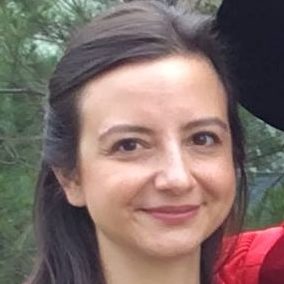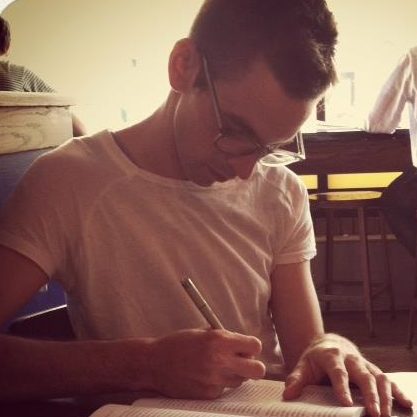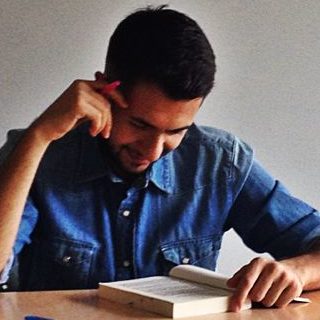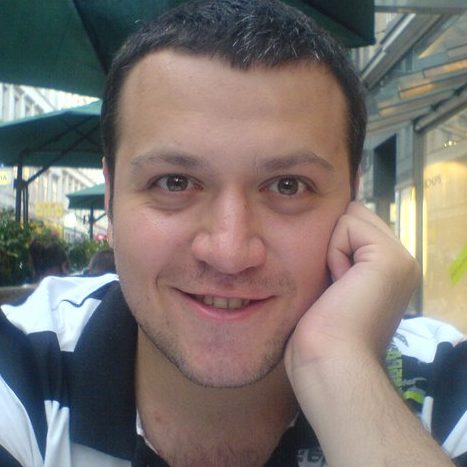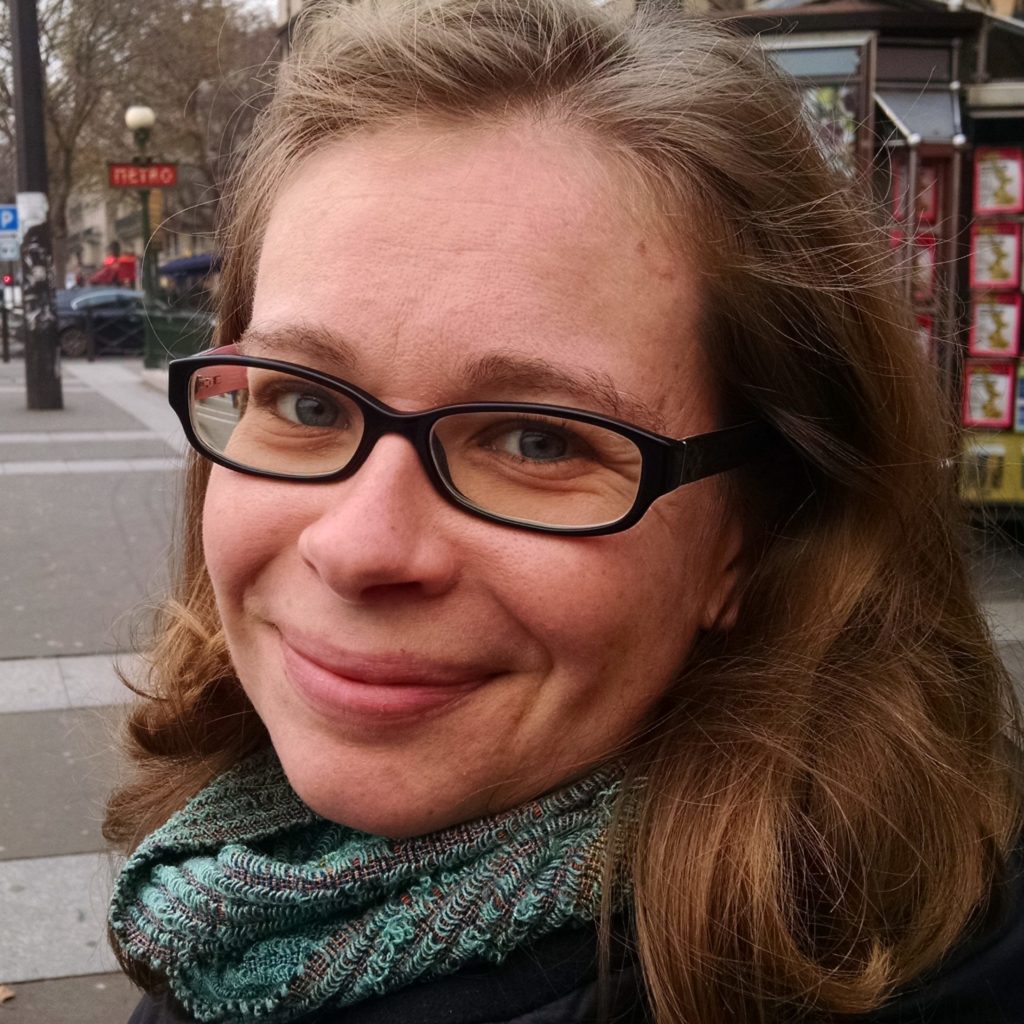CITY membership offers a range of benefits and opportunities, including access to:
- a thriving, collaborative community engaged in urban research;
- a collegial work and meeting space;
- all City Institute seminar series;
- workshops, symposia, and special events;
- transdisciplinary collaboration among faculty and researchers;
- writing support through peer review groups and writing workshops;
- administrative support in applying for and administering research grants held by the Institute;
- website, communication, knowledge mobilization, and research dissemination support;
- volunteer opportunities;
- the City Institute listserv.
To learn more about the Institute and to meet graduate students with similar interests, reach us on city@yorku.ca.
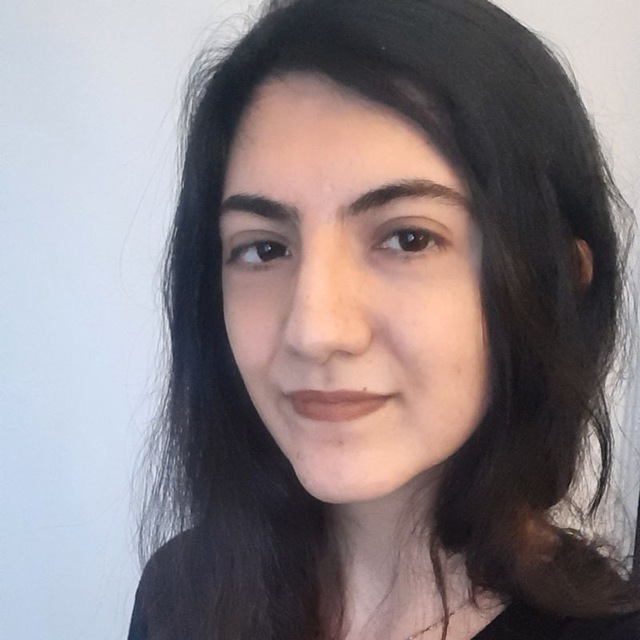
Maryam Lashkari
PhD Candidate, Geography.
Maryam Lashkari is a PhD candidate in the Department of Geography at York University. Her doctoral research project examines the experiences of feminist activist migrants in Iranian diasporas across select European and Canadian cities. Relevant research interests include critical approaches to feminist and urban geopolitics, migration, and urban and political geography. Maryam has experience in conducting urban research projects through qualitative and quantitative methods. She has worked with research centers for urban projects in Tehran. She also has prior work experience with the UNESCO Chair on Cyberspace & Culture at the University of Tehran. Maryam holds an MSc from the 4CITIES Erasmus Mundus (Vrije Universiteit Brussel) and a Bachelor of Urban Planning from the University of Tehran.
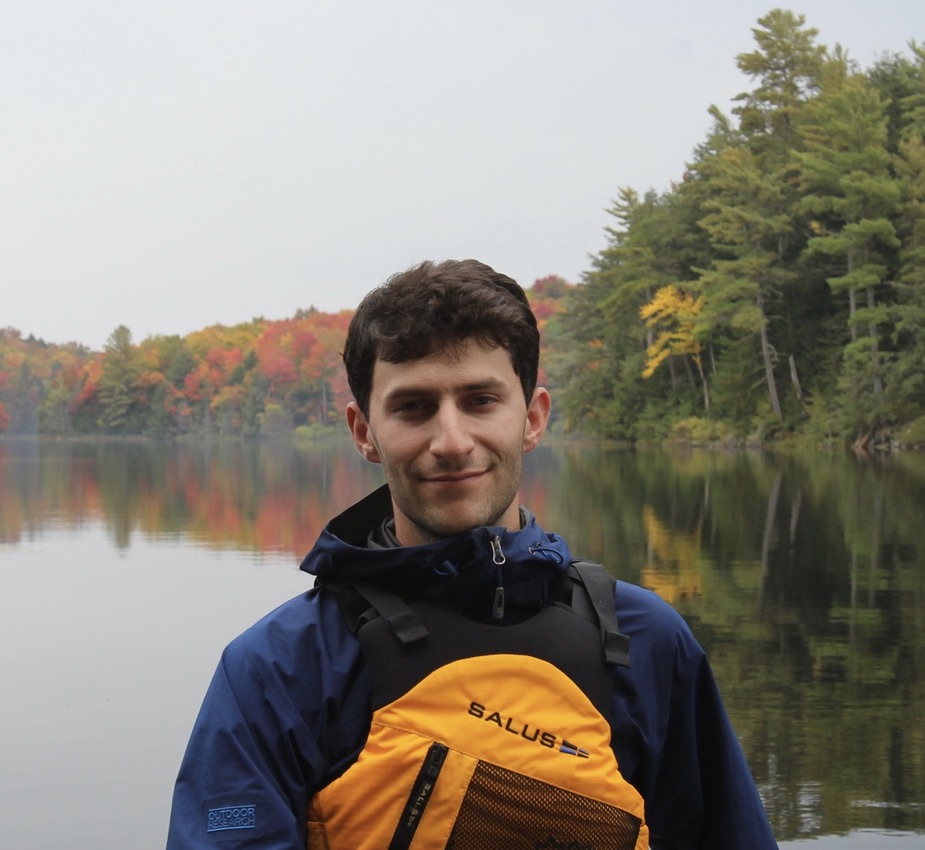
Jacob Roberts
MA Student, Critical Human Geography.
Jacob Roberts is a second year MA student in Critical Human Geography. He graduated from Queen's University in classical archaeology and geography and was a practicing archaeologist that excavated indigenous village sites and settler-historic Ontario homesteads.
Jacob's research examines how place-making strategies of the 2010 Vancouver winter Olympic Games served to weaken democratic politics in the city and attempted to create a certain political economy consensus. The Olympics are regarded by some critics as undemocratic events capturing the city, holding it hostage through infrastructure, financial, legal, and political means. Jacob’s investigation seeks to examine the connections between the (re)construction of Vancouver’s built landscape (the Olympic Village in False Creek) and discourses of national identity and citizenship, as strategies to ensure a successful Games. The French political philosophy of Jacques Rancière informs Jacob’s theoretical framework. A critical post-foundational redefinition of politics and democracy guides his thesis. Jacob intends to investigate urban policy and place-making operating as a method of distribution, naming and facilitating a social spatial order. Some research questions of his project include: how is the redevelopment of Vancouver’s material landscape and marketing of Canadian multiculturalism underpinned by a post-democratic consensus? How is the framing of the Vancouver Olympics constituted as a necessity for the city (facilitated by expert policy managers - technocrats, and news media)? Finally, what do place-making and re-development of Vancouver’s urban landscape illuminate about processes of neoliberalization?
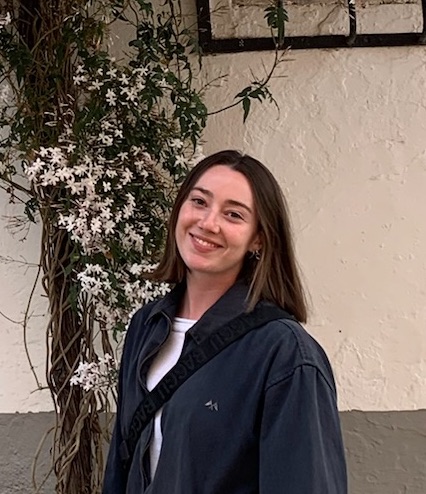
Charlotte Minnes
MES Student, Faculty of Environmental and Urban Change
Charlotte is a MES - Planning student in the Faculty of Environmental and Urban Change. Her areas of interest include affordable housing, community building, and the way in which urban planning and design can promote social connectedness and quality of life. While her specific research is still evolving, she is interested in exploring how the global South can inform planning decisions in the global North and vice versa, looking at housing and community engagement. Outside of academia, Charlotte enjoys travelling, hiking, reading, puzzles, and exploring new areas and food spots in the city.
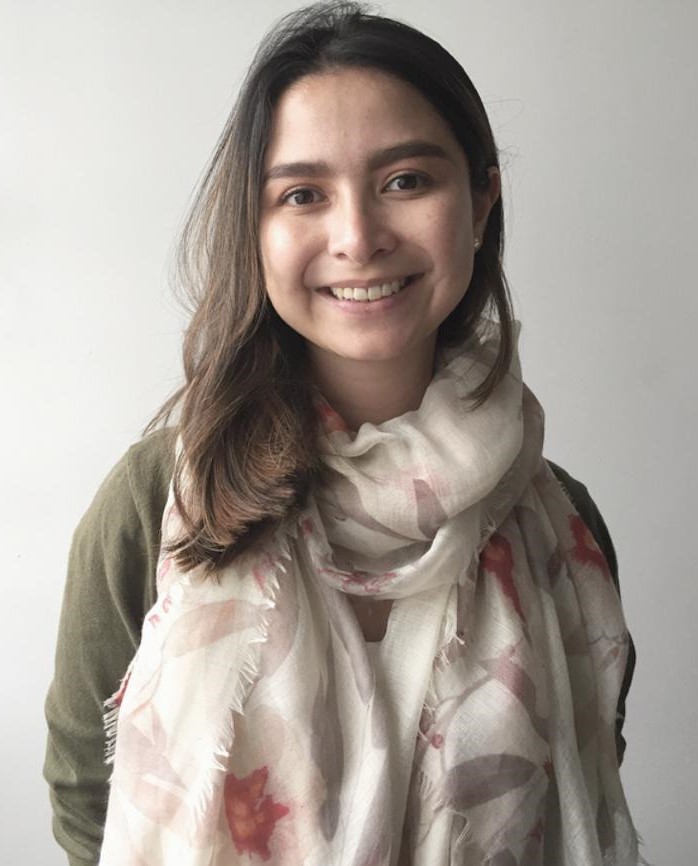
Clara Gomez
Ph.D. Candidate, Environmental Studies
Clara is a first-year Ph.D. student in Environmental studies. She is a Professional in Urban Management and Development, graduating Cum Laude from the Master's in Interdisciplinary Development Studies. She has experience in research and consulting within the Center for Urban Studies and the Territories Laboratory at the Universidad del Rosario in Bogotá. She has also been involved in project management at the University of Los Andes (Bogotá) and is currently working on the Vertical Peripheries project at the University of York.
Simultaneously, she has worked in the field of international cooperation, focusing on project management for social development, research, and contextual monitoring. Her research interests encompass housing access, residential trajectories, urban informality, feminist urbanism, care work, and institutional analysis. Her current research project focuses on how the production of social housing in Bogotá influences the care work carried out by residents and how care tasks shape changes to the dwellings and the residential trajectories of women.
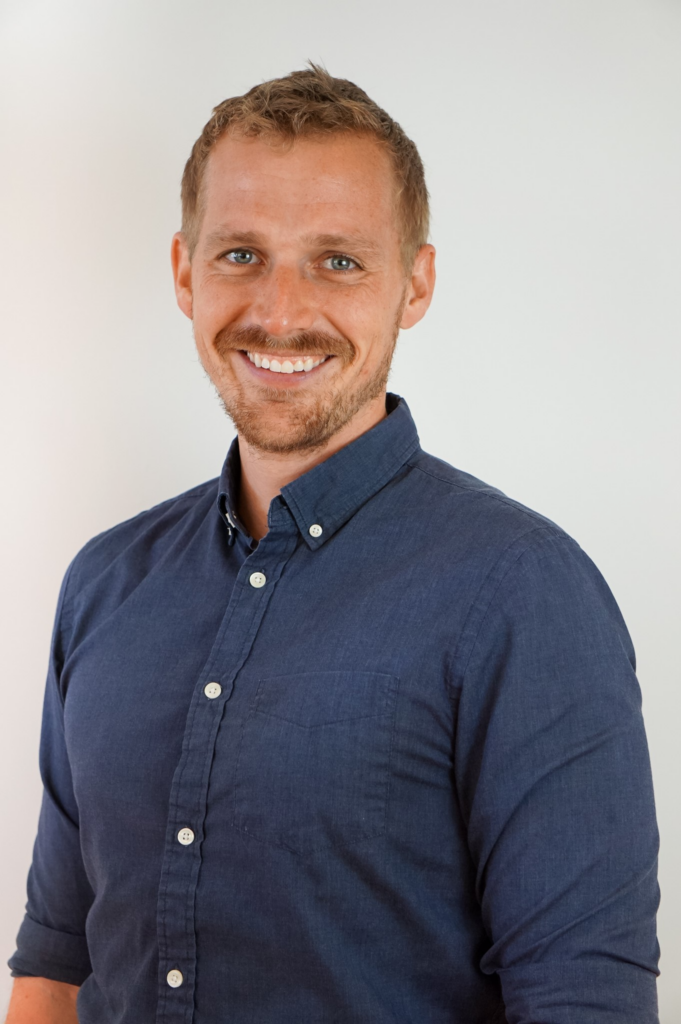
Brian Waters
Ph.D. Candidate, Geography
Brian Waters is a dedicated scholar and practitioner with a diverse academic and professional background. He holds a Bachelor's degree in International Studies and Non-profit Leadership, which strongly influences his inclusive and communication-based research interests. He earned Master's degrees in both Urban Planning and Agricultural Economics from the University of Illinois, where he graduated as a Fulbright scholar.
Currently, he is pursuing his Ph.D. in Geography at York University, where he aims to lead the academic field in decolonial research practices and decentralized water sources (wells, boreholes, packaged water, etc.) throughout the global south. He is currently designing his Ph.D. research project that will provide evidence-based guidance to organizations grappling with the question of water source ownership, control, and administration. At the core of Brian's work is his passion for participatory action research. He firmly believes in the power of collaboration and leverages research as a tool to benefit all actors involved in water security. Over the years, Brian has led numerous studies and development projects covering a broad spectrum of topics, including urban transportation, energy access, urban agriculture, poverty alleviation, and access to clean drinking water.

Christina Dovolis
MFA Student, Film Production
Christina is an interdisciplinary urban planner and filmmaker, working with both new media technologies and archives. Her research seeks to document how community and identity are constructed through digital architectures, and make virtual landscapes more legible and accessible to the broader public as a community-building tool. Christina holds a BA in Geography and Cultural Studies from McGill University and a MA in Urban Planning from the National University of Singapore. She is currently completing a MFA in Film Production at York University.
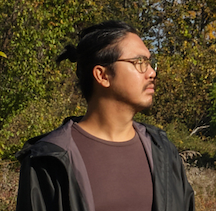
Esmond Lee
PhD Student, Critical Human Geography
Esmond Lee is an artist, architect, and first year PhD student in Critical Human Geography. He holds a Master of Architecture from University of Toronto and was a practising architect with experience in diverse building types before joining York University. His research concerns include migration, class and capitalism, settler colonialism, and informal spatial (re)production in Toronto’s urban periphery. His artistic outputs examining these issues include public installations for Nuit Blanche Toronto and CONTACT Photography Festival. Recently, his installation “Gods Among Us” at Malvern Town Centre examining places of worship in Scarborough was nominated for a 2022 Heritage Toronto Award for Public History.
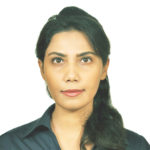
Homa Hedayat
PhD Student, Faculty of Liberal Arts & Professional Studies
Homa is a PhD student in Faculty of Liberal Arts & Professional Studies (LA&PS). Homa has a background in urban design and planning with a strong background in architecture. She has worked on several research projects on public realm, inclusive cities, quality of life, community planning, policy analysis, urban housing, regeneration and gentrification, social, economic, cultural, and environmental sustainability, urban morphology, equity and diversity, and mobility. She has conducted a research project with City of Toronto and Mitacs Organization about “Toronto Recognition Audit: Examining Representation in the public realm”. She has collected and analyzed data using qualitative and quantitative methods as well as making an empirical model representing monuments, streets, and parks names to develop a framework for commemorative public figures and events. She has also experience as a Research Trainee in Municipal Licensing & Standards, City of Toronto. She has also been awarded RTA by MITACS organization. Her research was about “Settlement identity and perceptions of public spaces among different generations of immigrants in Toronto”. She has presented in Environmental Design Research and urban design and planning conferences and published several papers.
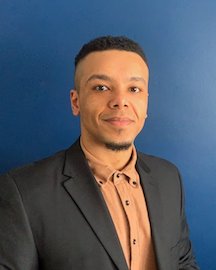
Nathi Zamisa
MA Student, Department of Social and Political Thought
Nathi is currently a Program Director for HOUSE Ontario and a Board Member on the Affordable Housing Committee at York University. He is currently completing his M.A. in Black Studies: Theories of Race and Racism in the Department of Social and Political Thought at York University.
As an undergraduate at York, Nathi completed an Honours Double Major in Labour and Environmental Studies. Here, he developed a passion for housing related issues, having lived in illegally subdivided multi-tenant housing in the Village at York University. He co-founded the York Village Housing Association (YVHA) in 2018, and is a founding member of the York Non-Profit Housing Society Cooperative (YNHSC) in 2021.
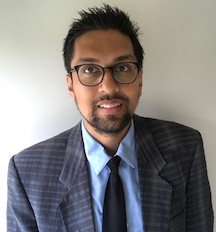
Michael Jodah Kenny
PhD Student, Faculty of Education
Michael is a PhD student is the Faculty of Education. Michael has presented at international and national conferences on issues relating to education, sustainability, politics and housing. He has over a decade of experience in positions of leadership and management, serving as an Executive Director, President, Board Member and Office Manager for various organizations. Michael has been the recipient of over 20 awards and scholarships for his professional and academic work. He is currently completing his dissertation research on environmental education and post-secondary students.
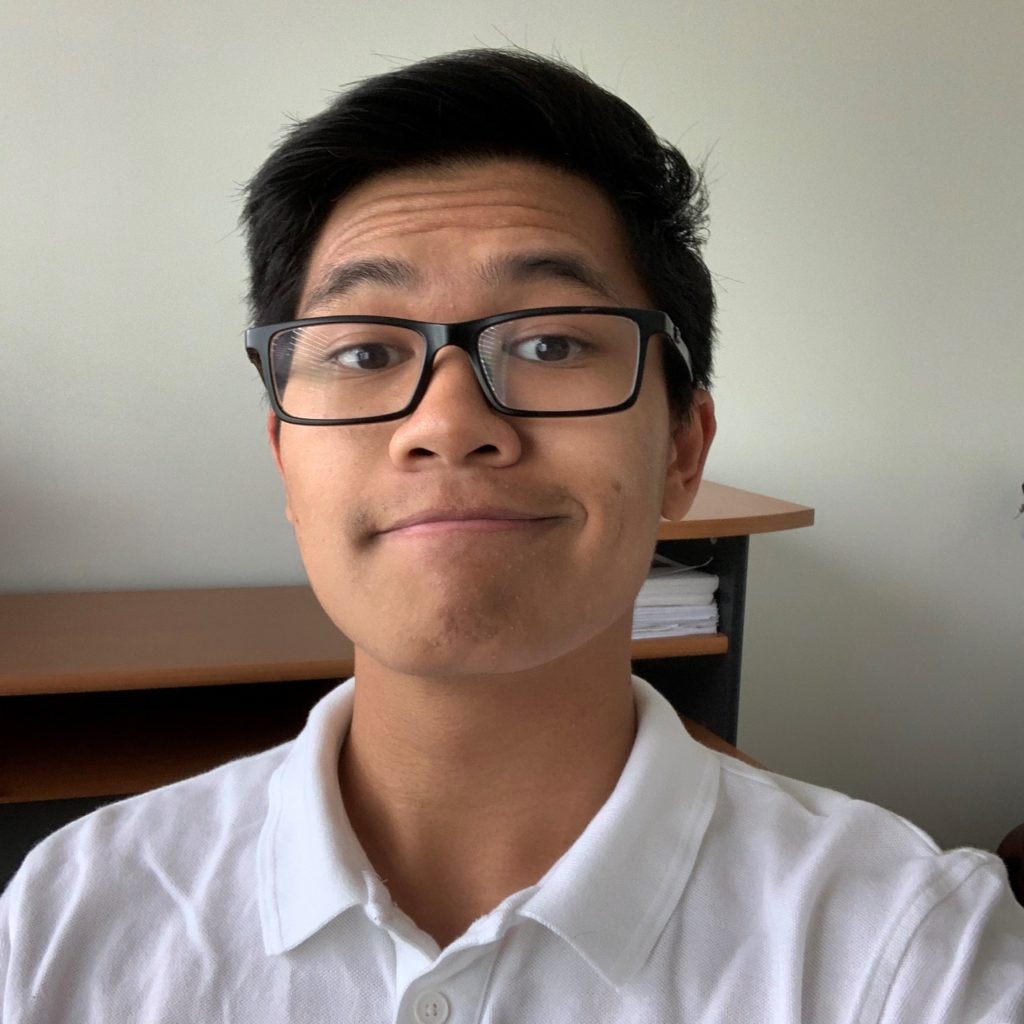
Kad Mariano
MA Candidate, Department of Political Science
Kad Mariano is a MA student and an incoming Ph.D. student in the Department of Politics at York University. His interests include collective (urban) memory, settler colonialism, and tourism. Kad’s current research delves into the negotiations and manifestations of Toronto’s collective memory regarding its settler-colonial past in Nathan Phillips Square and YongeDundas Square, two of the city’s most visited public squares. By interviewing several municipal civic servants and conducting autoethnographic work as an ‘embodied tourist,’ this project investigates how collective (urban) memory shapes Toronto’s memory and urban landscapes through commemorations, such as celebrations, place names, and statues. Commemorations are instilled with various aspirations, assumptions, relations, and values that the group wishes to immortalize. Thus, analyzing the histories and meanings of these symbols, events, and other commemorations of Indigeneity in public spaces, along with the processes by which they become realized, reveals how Toronto understands its past, present, and future relationship with its urban Indigenous population. Kad aims to contribute to discussions surrounding the importance of collective (urban) memory, especially in a settler-colonial context where Indigenous pasts become obscured and suppressed to formulate a singular ‘history.’

Nadha Hassen
PhD Candidate, Faculty of Environmental and Urban Change
Nadha Hassen is a PhD Candidate and Vanier Canada Graduate Scholar at York University in the Faculty of Environmental and Urban Change. Her research explores health equity in different environments and takes an interdisciplinary approach with a focus on intersectional anti-racism. Her doctoral work focuses on examining the experiences of racialized people in public urban green spaces and the links to mental health and wellbeing by exploring concepts like equity, access and inclusivity. She has a Master of Public Health from the Dalla Lana School of Public Health at the University of Toronto, specializing in Social and Behavioural Health Sciences. As a health researcher, she has worked at both policy and community levels and enjoys working at the intersections of research, policy, advocacy, and social and environmental justice.
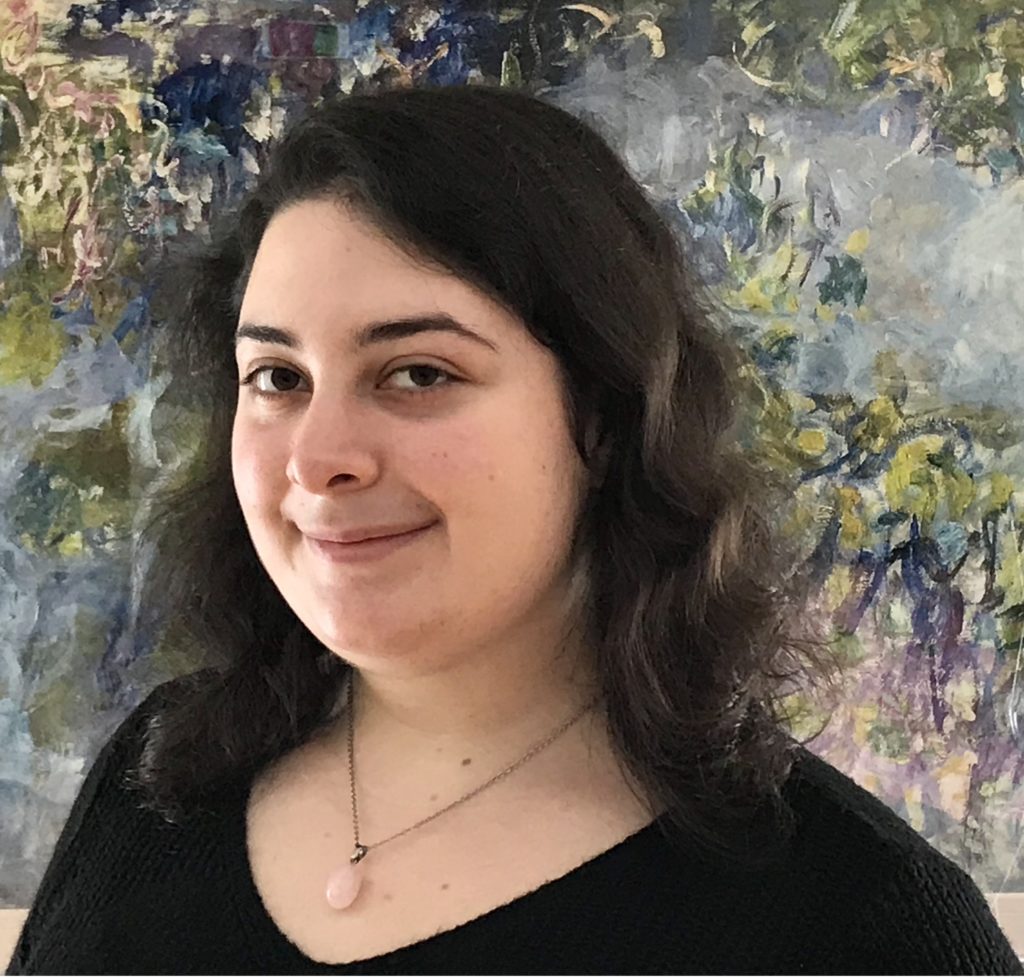
Evania Pietrangelo-Porco
PhD Candidate, Department of History
Evania Pietrangelo-Porco is PhD candidate (ABD) in York University's History program. Her focus areas include 19th and 20th-century Canadian, gender, women and feminist, and North American Indigenous history. Evania mainly focuses on discourses surrounding on-street sex work in Canada from the 1970s to the early 2000s. She has presented her work at multiple conferences. Evania has published various works, such as her blog post for the Canadian Historical Association (“The ‘YouTube Rhetoric’ of Online Teaching”) and her forthcoming article for the Robarts Centre’s Canada Watch Magazine. She is also a long-standing and committed member of the Graduate History Student Association. Evania is the recipient of the Women’s Canadian Historical Society of Toronto Graduate Scholarship (2021) and the Joseph-Armand Bombardier CGS-Master’s Scholarship (2019).

Shahreen Shehwar
PhD Candidate, Faculty of Environmental and Urban Change
Shahreen completed a Masters from Queens University in 2018, focusing on the racialized impacts of gentrification caused by the new light-rail transit (LRT) system in Ottawa, focusing on two neighbourhoods (Vanier and Westboro). Her research method included semi-structured, qualitative interviews with stakeholder groups, namely neighbourhood residents, civil society organizations, real estate, and city councillors. She also used census data to analyze neighbourhood demographic changes. Her Masters thesis identified found evidence of gentrification and displacement in Vanier and Westboro and was able to describe how the character of these neighbourhoods had changed over time and was continuing to change amidst current developments. The experience of conducting this research motivated Shahreen’s PhD research, which broadly focuses on Indigenous peoples’ urban lives in Canada and the placemaking of urban Indigenous communities in Toronto and Thunder Bay. Her research interests lie at the intersections of community planning, dispossession/displacement, housing policy, settler colonialism, and urbanization, and she aims to use a participatory research method in this current work: “Nothing About Us Without Us".
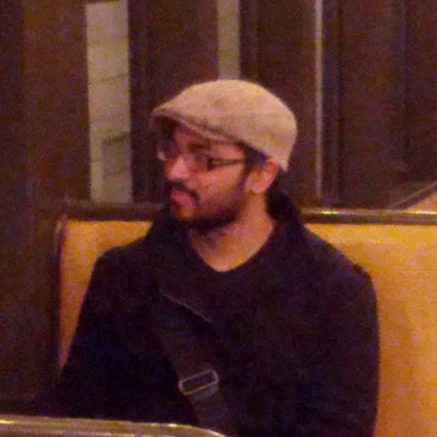
Kritee Ahmed
PhD Candidate, Department of Sociology
Kritee’s interests lie in the study of the dailiness of work in Toronto and London, UK public transport organizations, in which the importance of customer service is increasingly emphasized. To investigate how this organizational discourse influences the understanding of work that serves the public, he uses a broad theoretical approach that integrates governmentality studies, political economy and cultural studies. Kritee also has an evolving interest in race and racializations in the contemporary Canadian policy-making context.

Anna Artyushina
PhD Candidate, Department of Science and Technology Studies
Anna Artyushina, Ph.D., is a postdoctoral fellow in the School of Urban and Regional Planning at Toronto Metropolitan University. She has published research on a human rights-based approach to the design and governance of AI (HRBA), smart city governance, the European Union's data governance policies, and responsible data reuse. Currently, she is a principal investigator in the research project called Unlocking the Public Value of Data: Key Governance Strategies for the Smart Transportation Systems in Boston, Kansas, Pittsburgh, Portland, Singapore, and Seoul. The study is conducted in partnership with TransLink, the regional transportation authority for Metro Vancouver, BC.
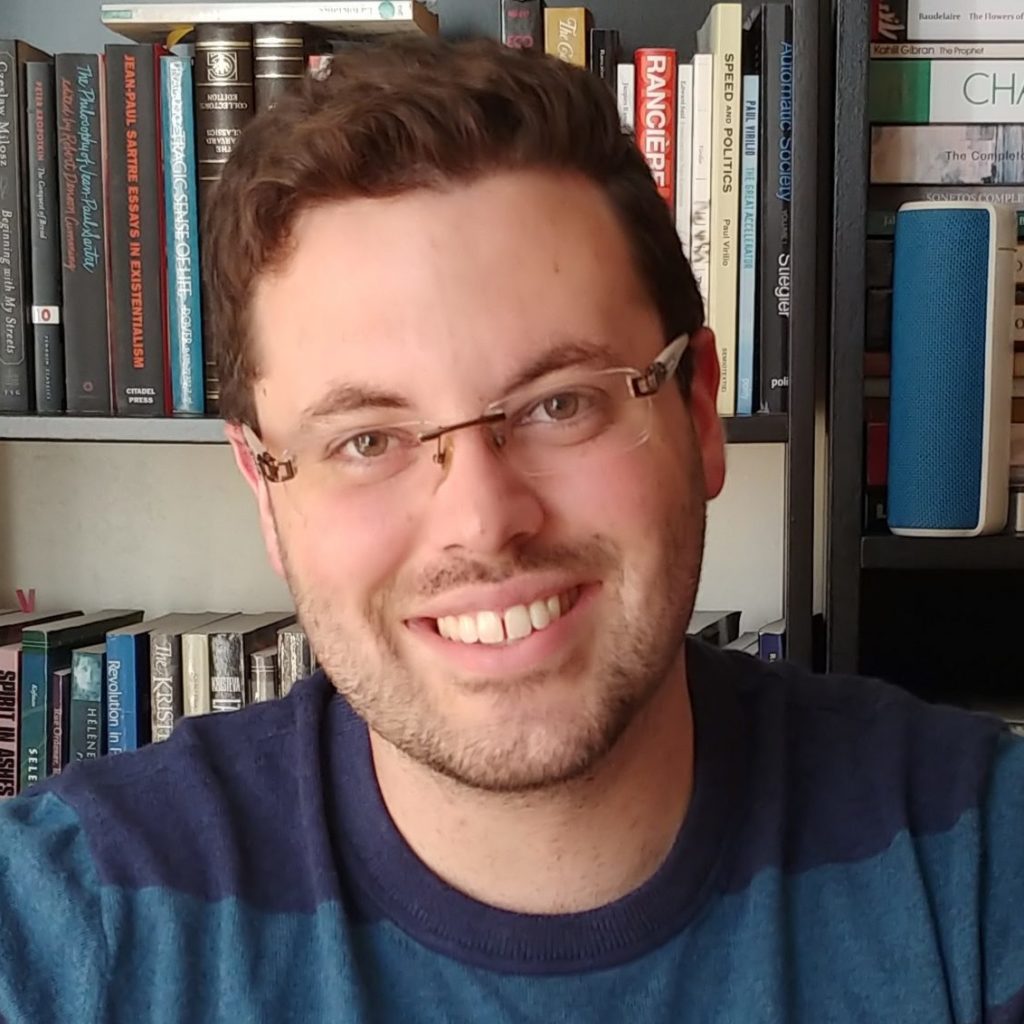
Tyler Correia
PhD Candidate, Department of Social and Political Thought
Tyler is a fourth year PhD candidate in the Social and Political Thought Program at York. His interests center around the political and ethical writings of contemporary French post-structuralists--specializing in the works of Jacques Derrida and Maurice Blanchot--especially where they intersect with questions of migration and urban community. He is preparing a dissertation that focuses on the notion of the 'open city' as an extension of Derrida's writings on the city of refuge in relation to sanctuary movements in the city of Toronto. Through his project, he explores the intersections of activists' demands at the city-level for the destigmatization of migrants as 'illegal' and calls for open immigration, as they intersect with critical empirical research and theoretical exploration. Tyler is an avid reader, and hopes that he may contribute also to emergent understandings of the relationship between literature and politics as opening a space for thinking about notions of hospitality and welcome.
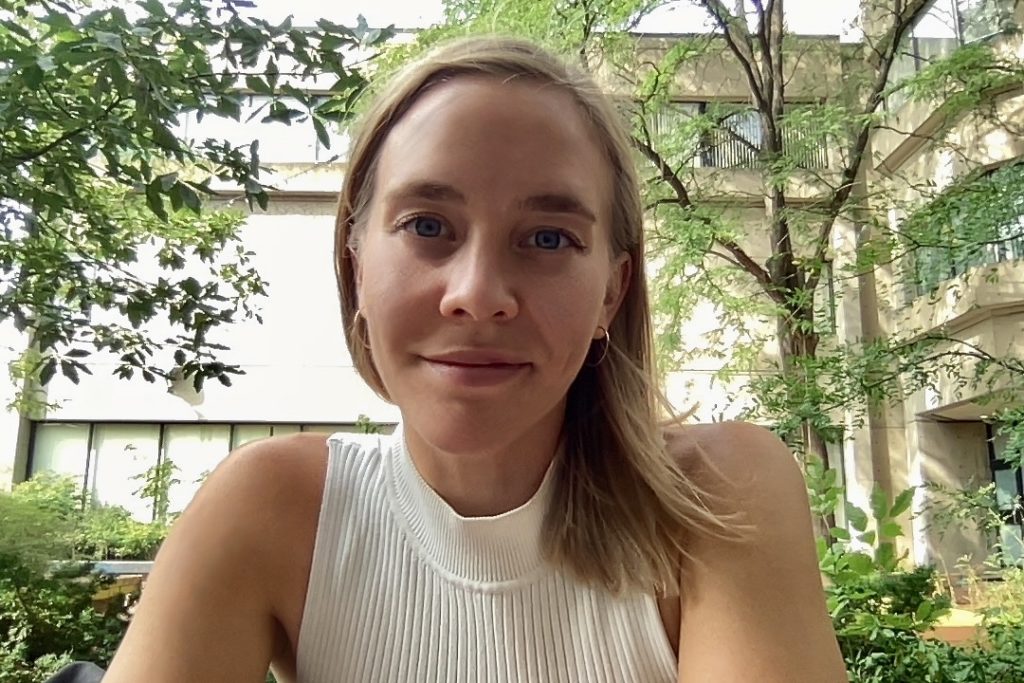
Sophia Ilyniak
PhD Candidate, Faculty of Environmental and Urban Change
Sophia Ilyniak is a PhD Candidate and Joseph-Armand Bombardier Doctoral Scholar at the Faculty of Environmental and Urban Change. She is interested in understanding shifts from planned to market economy, uneven geographical development, and what local self-management means in the context of state decentralization. Her doctoral work examines the wartime rebuilding of Ukrainian sub/urban space as reorganization of core-periphery relations, and the key role of the third sector (NGOs, non-profits, foundations, charity) in this process. Critically informed by experiences of neighbourhood organizing, Sophia's approach draws from the tradition of radical geography which insists that the political-economic is inherently spatial.

Anna Lippman
PhD Candidate, Department of Sociology
Anna Lippman is a PhD student in the department of Sociology. Her research interests look at how street-involved youth in Toronto form resistance identity through hip-hop culture while navigating social institutions such as homeless shelters and drop-in programs. Anna’s research critically examines the ways that race, gender, and class shape how young people living in precarity see themselves and the world around them. This project seeks to provide insight into how these institutions both assist and hinder street-involved youth, and how to improve youth targeted social services in order to make them more equitable and inclusive.
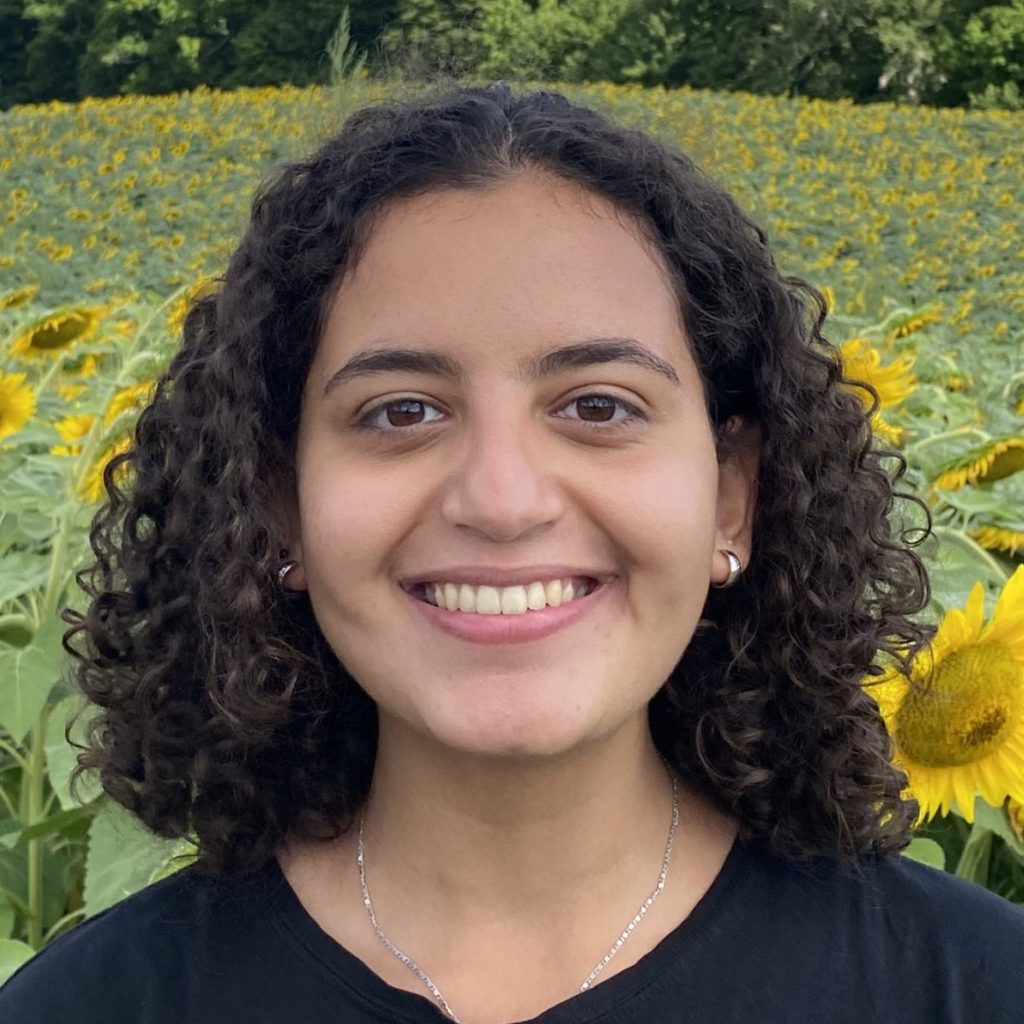
Farida Rady
MES Candidate, Faculty of Environmental and Urban Change
Based between Toronto, Cairo, and Abu Dhabi, Farida Rady is a researcher, writer, and artist currently pursuing an MES Planning at York University. Her interests are centered on questions of agency in the city and extend to questions of housing justice, radical planning, environmental justice, and counter-narratives. Rady explores these interests within the spectrum of academic and creative processes.
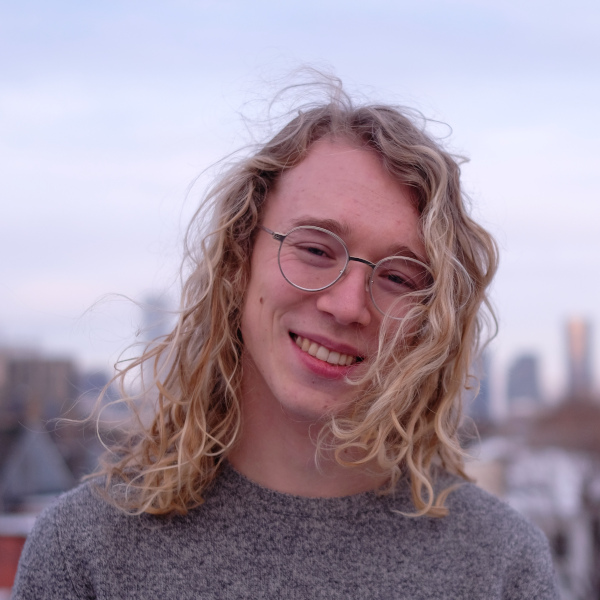
Wiley Sharp
MA Candidate, Geography, Faculty of Environmental and Urban Change
Wiley Sharp's research explores the place-making practices of queer youth in suburban Toronto. They investigate the geographies of queer life in the GTA are messy and divided, particularly the contrast between Toronto’s ‘global LGBT’ branding stands and the lived experience of queer youth on the margins. Processes of urban redevelopment and gentrification are pushing everyone, but particularly people of color, outward from the city center. Yet, LGBT community spaces and social services remain concentrated downtown. This geographic mismatch creates access barriers that are particularly acute for queer youth living in Toronto’s suburbs, who often lack the income and mobility to participate in downtown queer life. Wiley will work with and for 2SLGBTQ community groups as they study the everyday place-making practices of queer and trans youth. They aim to connect youth service groups with the resources of York University and use their privileged position within the academy to aid advocacy and service projects.
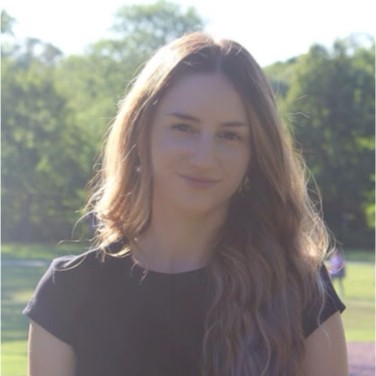
Viktoriya Vinik
PhD Candidate, Department of Political Science
Viktoriya Vinik is a PhD Political Science candidate. Her research examines Airbnb’s role in the Tel Aviv-Yaffo housing crisis and the West Bank settlement economy. It aims to demonstrate the ways in which Airbnb accelerates the existing historic trends in Tel Aviv-Yaffo and the West Bank by introducing new capital flows via the sharing platforms. Using the rent gap model, her research focuses on how Airbnb has exacerbated the housing crisis by converting residential units into illegal hotels, displaced marginalized Jews in south Tel Aviv-Yaffo, turned human rights violations into tourist attractions, and further displaced Palestinian Arabs living both within and outside the Green Line.

